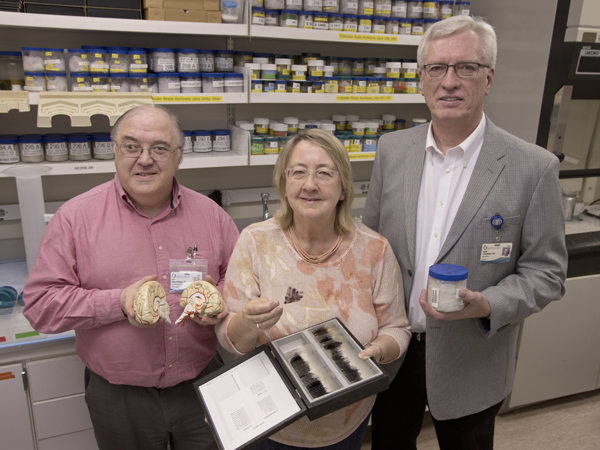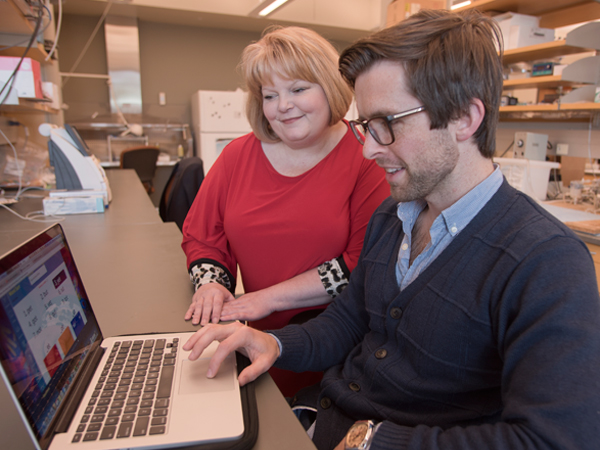|
It's the thrill of research and teaching the next generation of physicians at the University of Mississippi Medical Center that gets Dr. Thomas Adair up and going each day. Keisha Forrest heads to her desk at the adult hospital admissions office focused on helping patients. For Carla Gill, a nurse manager in the neonatal intensive care unit, it's all about the babies. There are more than 10,000 reasons why working at UMMC is a dream job, each as unique as every employee, but Jackson Free Press readers made it official. UMMC beat out finalists Mangia Bene, Mississippi Children's Museum, Soulshine Pizza Factory and St. Dominic Hospital to win the title of “Best Place to Work” in Jackson Free Press' annual Best of Jackson survey. Best of Jackson, the publication's annual reader poll, seeks nominations from Jackson Free Press readers in more than 100 categories, including people, restaurants, retail shops and businesses. Readers then vote on finalists to pick the best.
|
























